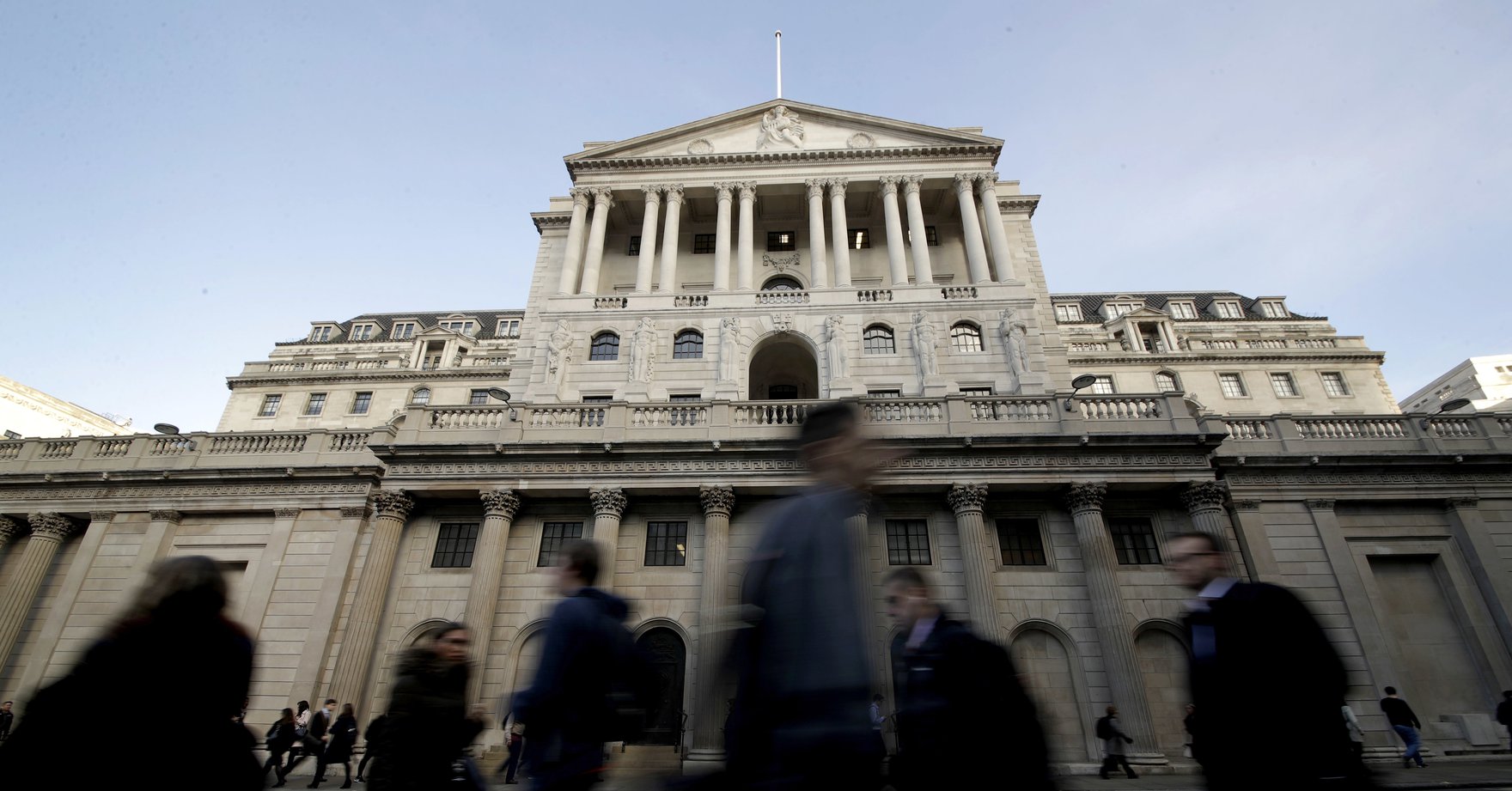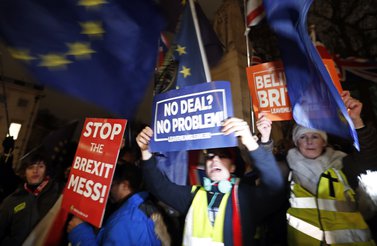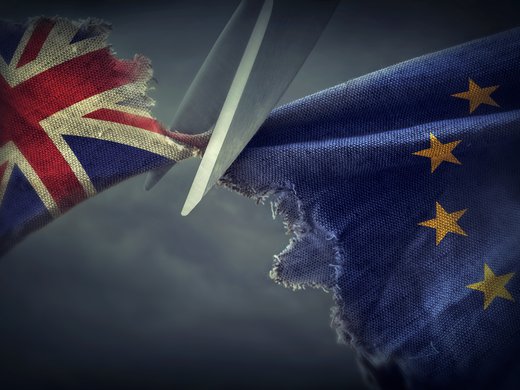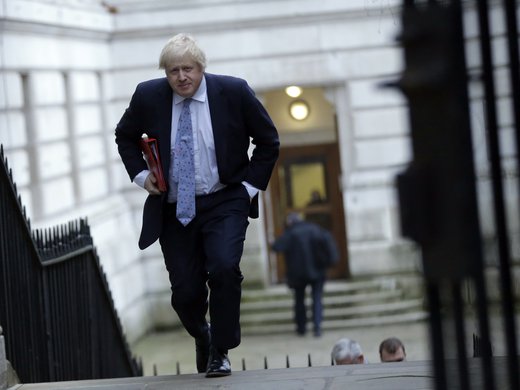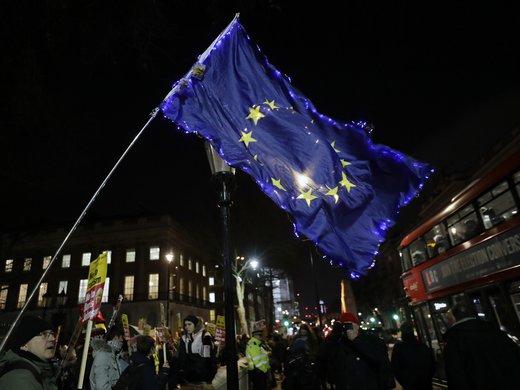The whopping defeat of the Brexit bill has been called by some the biggest government defeat in history. I respectfully disagree; a much more important defeat happened more than two years ago. That was on June 23, 2016, when the United Kingdom held the Brexit referendum that launched Britain into the divisive mess it faces today.
Military principles would say that conflicts should be entered with an exit strategy. The United Kingdom, however, did the opposite when they entered into a conflict — with its own citizens and the wider global community — and assumed that somehow an obvious exit strategy would present itself. Obviously, it did not. It was impossible to meet the unfounded promises of the Brexiters that won the referendum, but only the Brexit process could reveal the extent to which those promises were unachievable. While many policy makers and academics made valiant efforts to try and resolve the contradictions, more people are now in opposition to Brexit than initially supported it, and for good reason. Considerable economic analysis showed that Brexit would lower living standards (there has been debate over the magnitude, but not the direction).
The Brexit referendum shouldn’t be remembered as the vote of a generation — it was a vote to lower the living standards of subsequent generations.
That referendum was never really about supposed European Union control over the United Kingdom or about Britain’s inability to set its own destiny without the encumbrance of myriad rules and regulations mandated by the European Union (there may be some basis for the latter). Rather, it was a lightning rod for an intertwined set of long-simmering issues that have plagued the UK economy: stagnant incomes as a result of languishing productivity growth — it has essentially not risen in a decade — which the chief economist of the Bank of England, Andrew Haldane, notes is “almost unprecedented” in the modern era; the regional divide, in part brought on by trade and deindustrialization; rising inequality; inadequate funding for welfare programs and the National Health Service; and so on. To blame the European Union for these underlying issues is incredible. Moreover, Brexit will only intensify these issues: if the United Kingdom can’t afford the current system, how will they afford it with lower national income?
The impact could be sizable. Acknowledging all of the caveats that inevitably come with scenario analysis, the Bank of England estimates that output could be eight to 10 percent lower than the pre-Brexit trend in a “no-deal” Brexit, depending on how disruptive it turns out to be. But, in an “economic partnership” scenario, losses would be a fraction of this amount. In any scenario, however, the United Kingdom is worse off.
And, by the way, the world hasn’t stood still while this is going on. Digital disruption, or the so-called fourth industrial revolution, is taking place and has vast implications for the global economy. In short, while parliamentarians have been caught up in years of Brexit talks, they haven’t been addressing the transformative technologies that are set to rock their labour force, industries and economy overall.
While no one can control the clock, which continues to move inexorably toward the March 29, 2019 deadline, an action plan is something that the United Kingdom can control. Here is one: agree to some form of a customs union. This idea is much more palatable now than it was even a week ago, given the higher probability of a hard exit and the enormous costs that a crash out would impose. It isn’t a perfect response to the referendum, but — as is now abundantly clear — such a response doesn’t exist. Indeed, the idea that the United Kingdom could quickly sign new trade agreements when “freed” from the European Union is also unlikely; trade pacts typically take years to negotiate, even among countries with shared interests.
Enough time and money have already been used up. The principle of opportunity cost is well enshrined in economics, and in this situation, it applies as follows: would the United Kingdom rather put resources into something that can’t be achieved, as it has been doing, or put these resources to better uses? And there are better uses — specifically, tackling the underlying issues that underpinned the referendum results. Opportunity knocks: quickly resolve the issue and put the freed-up resources toward Britain’s long-simmering economic issues. Otherwise, the United Kingdom can look forward to prolonged uncertainty, volatility in the currency and capital flight.
